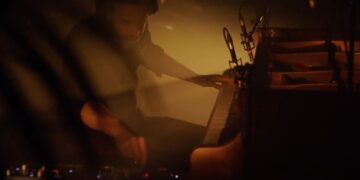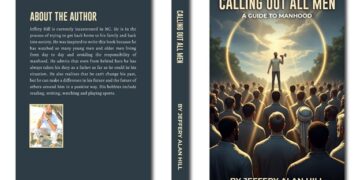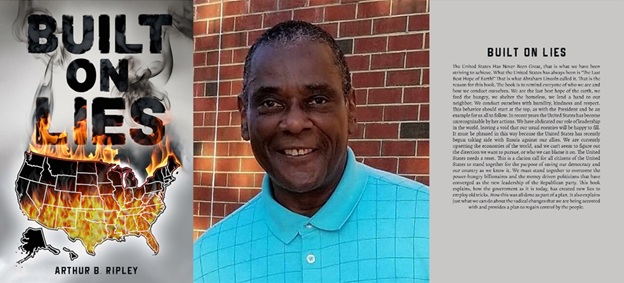A Voice from Experience
Arthur Ripley’s Built on Lies isn’t just a book—it’s a challenge. A challenge to face what many have avoided for too long: the uncomfortable truths buried beneath the surface of America’s celebrated history. Through honest, clear-eyed reflection, Ripley asks readers to look closer at the foundations of the country and to question the stories we’ve been taught to believe.
Born and raised in South Jamaica, Queens, Ripley learned early on what it means to speak up when others are silent. As the only boy in a household of five siblings, he quickly developed a voice that carried. His time in Catholic schools, followed by his studies at the College of New Rochelle, strengthened his belief in justice and the power of education to open eyes—and doors.
The Myth of Equality
Ripley starts at the very beginning—the Declaration of Independence—and doesn’t hesitate to question its core promise. While the document famously proclaims that “all men are created equal,” Ripley points out the painful contradiction: many of the same men who signed it were enslavers. That kind of hypocrisy, he argues, didn’t vanish with time—it simply adapted.
Tracing the roots of injustice even further, Ripley revisits how European powers, under religious justification, launched the transatlantic slave trade. These early betrayals weren’t just historical footnotes—they laid the groundwork for the inequalities still echoing in our society today.
History Is Not Behind Us
One of the book’s most powerful messages is that history doesn’t stay in the past. Ripley draws a direct line from America’s founding contradictions to modern-day struggles. From gerrymandering and voter suppression to public education policies that erase hard truths, he shows how the past keeps repeating itself, just in new forms.
He also addresses recent events like the January 6 Capitol riot, seeing them not as isolated acts but as signs of a more profound national confusion. According to Ripley, too many people have been misled by false narratives and manipulated by those seeking power. When truth becomes a casualty, democracy weakens.
A Way Forward, Rooted in Truth
Despite the weight of these issues, Built on Lies doesn’t leave the reader without hope. Ripley believes in America’s potential—but only if we’re willing to face what’s broken. He envisions a future built not on denial, but on dialogue.
He proposes open forums, public reckoning, and national conversations around topics like reparations—not to divide, but to understand. Ripley argues that recognizing the harm done in the past is the first step to healing the future. And with the U.S. approaching its 250th anniversary in 2026, he says now is the time to act.
Grounded in Real Life
What sets Ripley apart is his grounded, authentic voice. His perspective doesn’t come from academic theory—it comes from lived experience. Growing up in working-class neighbourhoods and navigating institutions shaped by tradition, Ripley saw firsthand how systems treat people differently based on race, class, and power.
His words carry weight because they’re honest. He doesn’t write to impress; he writes to connect. His book feels more like a conversation than a lecture—one that challenges, but never talks down.
An Honest Look in the Mirror
At its heart, Built on Lies asks one simple question: What kind of country do we want to be? To answer that, Ripley believes we first need to confront the stories we’ve told ourselves. Not to dwell on guilt, but to open space for something better.
He reminds us that progress starts with truth. And while that truth may be uncomfortable, it is necessary. Ripley believes in a version of America that can live up to its ideals—but only if its people dare to see things clearly.





























